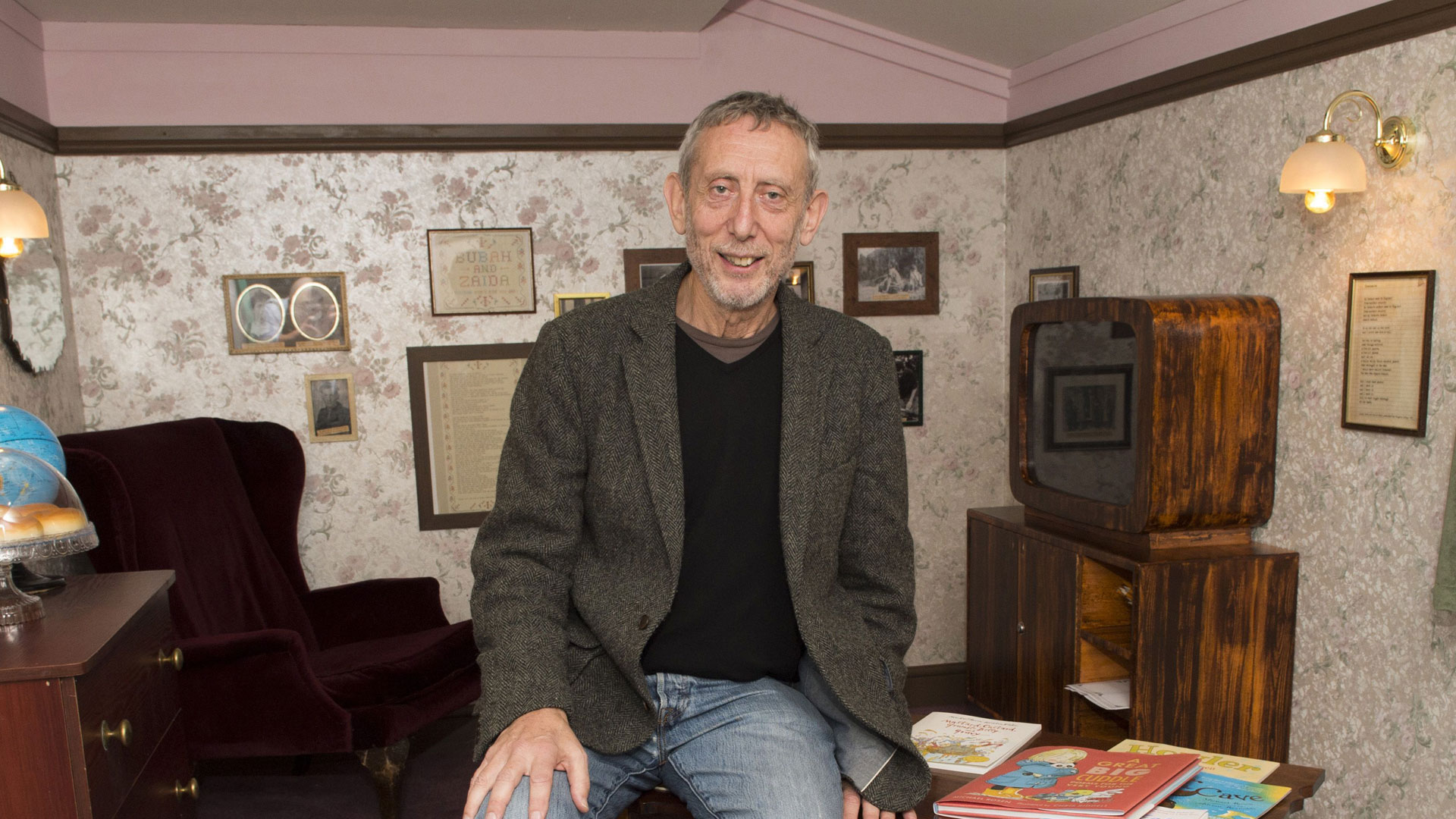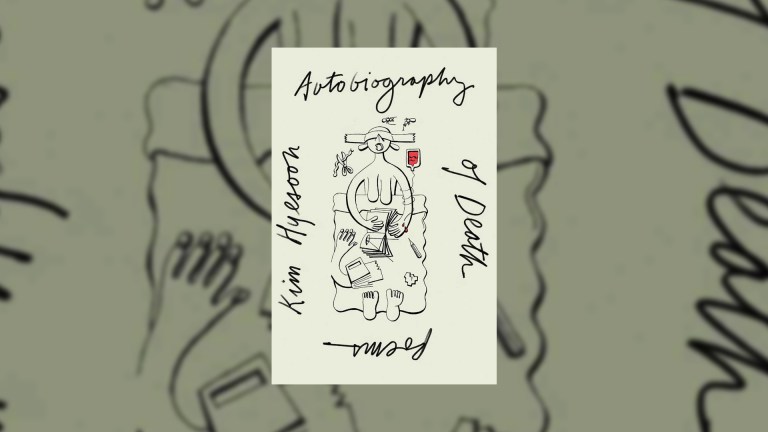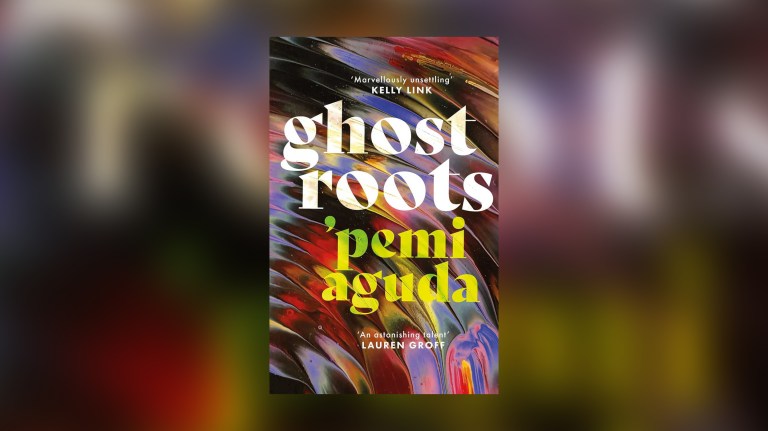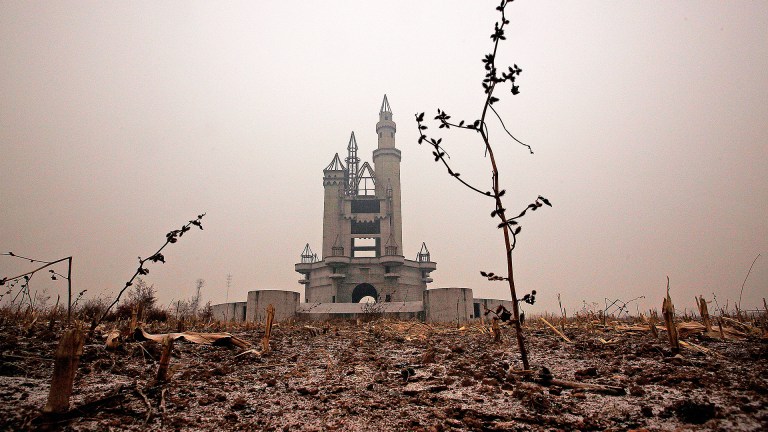When I was 16 I moved from a relaxed county grammar school to a more prestigious single-sex school in Watford. It caused me all kinds of anxieties, though I wouldn’t have admitted that at the time. It felt very competitive. I didn’t react well. Basically, I was a plonker. I lashed out when I thought people were taking the piss out of me, scrawled graffiti over desks, that kind of thing. My parents gave me enormous independence but actually, maybe I could have done with a firm hand, someone to say, you’re not happy are you?
I felt well regarded as a child. I knew my parents loved me. I got hugs from my mum and you could sit on her lap. My dad wasn’t a great hugger but he was still able to put an arm around me, stroke me, take my hand, though he did wallop me occasionally, to his regret. Sometimes I hear adults talking to children like they’re muck, telling them they’re stupid, they talk rubbish and they should shut up, or they tell them they’re bad. I just didn’t hear that at home.
The teenage me would be surprised that his main audience would be children. I thought I’d be a modernist poet or an actor. He’d be amazed that he’s spent his life being invited to go to places and stand up and read and perform. I remember a school visit I did around 1975 for a poetry book called Mind Your Own Business, and as I was walking through the playground the kids were shouting: “Are you the bloke that wrote that book?” It was like a dream.
I haven’t changed my political views much. I was into CND, anti-colonialism, and whether it was possible to widen and extend the achievements of the 1945 Labour government. In 1964 I was full of hope that the Wilson government were going to do just that. I believed in the Labour Party as a vehicle for peace and disarmament, for fighting inequality and oppression. I don’t think there’s a smidgen of that belief left now.
I’d go back and tell my younger self that when people have a go at you, it’s really about their own anxieties and insecurities. I spent the whole of my life trying to cope with criticism and now, thinking back, I don’t think it was about me at all. I’d also tell myself that in Room 105 of Broadcasting House there’s a brigadier from MI5 called Ronnie Stonham and he’s employed by the government to spy on people at the BBC. So when they chuck you out, it’s because he’s decided you’re not a fit person to be there, not because you’re crap.
My parents gave me enormous independence but actually, maybe I could have done with a firm hand
I think I was quite good at working out what I needed to cope with the loss of my son [Eddie died of meningitis when he was 18]. I did two main things. I listened loads to what other people said and I found out everything about the illness. It wasn’t a mysterious blob or an act of God – I don’t believe in God anyway – it was just part of natural history, the way a bacterium acted on a body. To know that was not a relief, but I felt better knowing that it wasn’t me being singled out or discriminated against.










